The Dangers Of Hard Water (And How To Tell If You Have It)
Hard water is pretty common, especially in larger cities, and while it might not seem like a big concern at first, it can cause plenty of problems throughout your home over time. From buildup in your pipes to dry skin and brittle hair, the impact goes beyond what you see on your faucets or cups. Knowing whether you have hard water is the first step to preventing damage, so here’s how to spot it, why it matters, and what you can do about it.
What Is Hard Water?
Hard water is water that contains a high concentration of minerals, mainly calcium and magnesium. These minerals come from underground deposits and dissolve into your water supply. While not dangerous to drink, hard water can create long-term issues inside your home, especially for appliances, plumbing, and even comfort. The harder the water, the more likely it is to leave behind a trail of buildup.
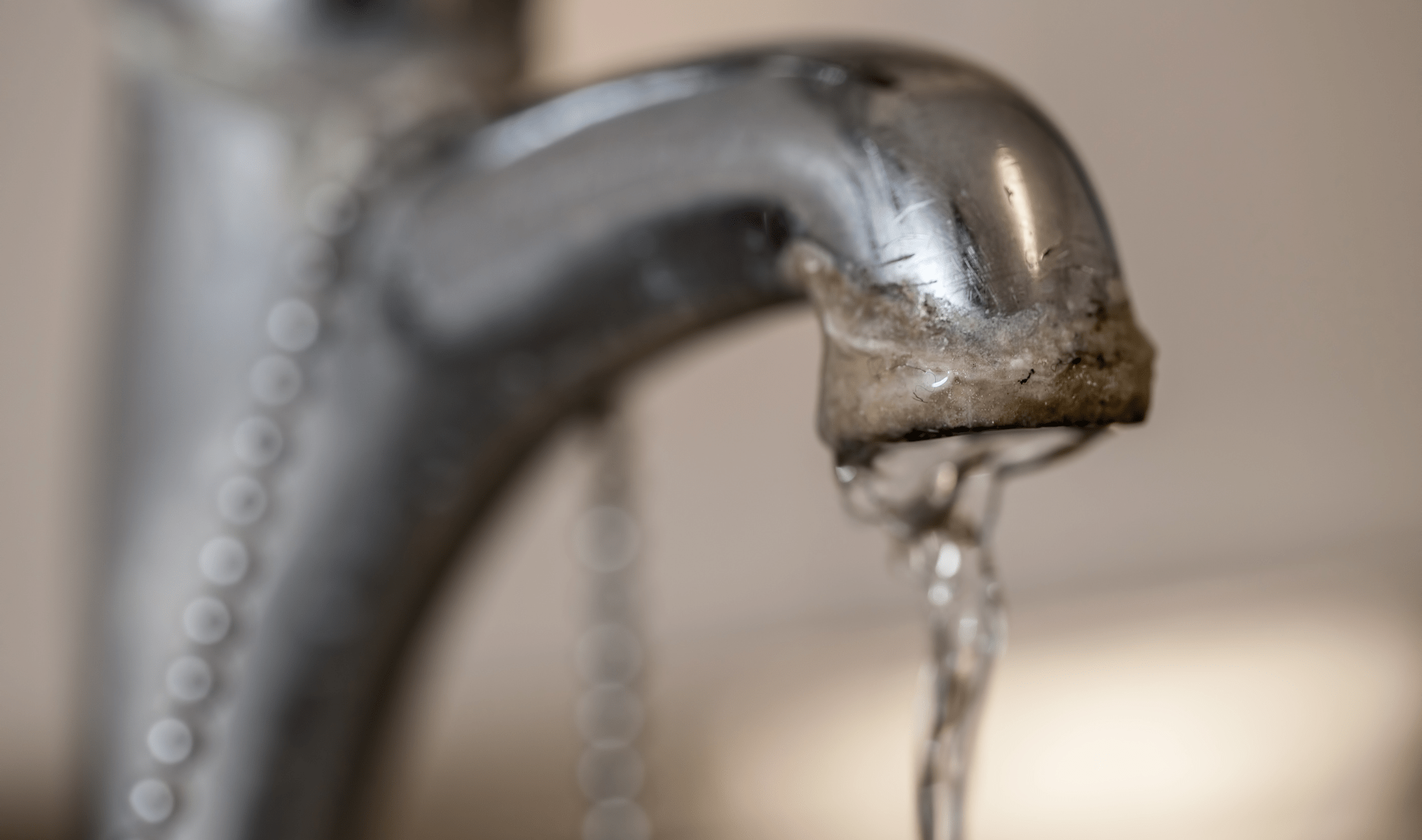
Signs You Might Have Hard Water
You might notice white spots on dishes after washing, soap that doesn’t lather well, or a stubborn film left on bathroom surfaces. Laundry may feel stiff even after drying. Your hair might seem dull, and your skin could feel dry even with regular moisturizing. If several of these signs show up at once, it’s worth testing your water for hardness. You can buy a simple test kit or request one from your local water provider.
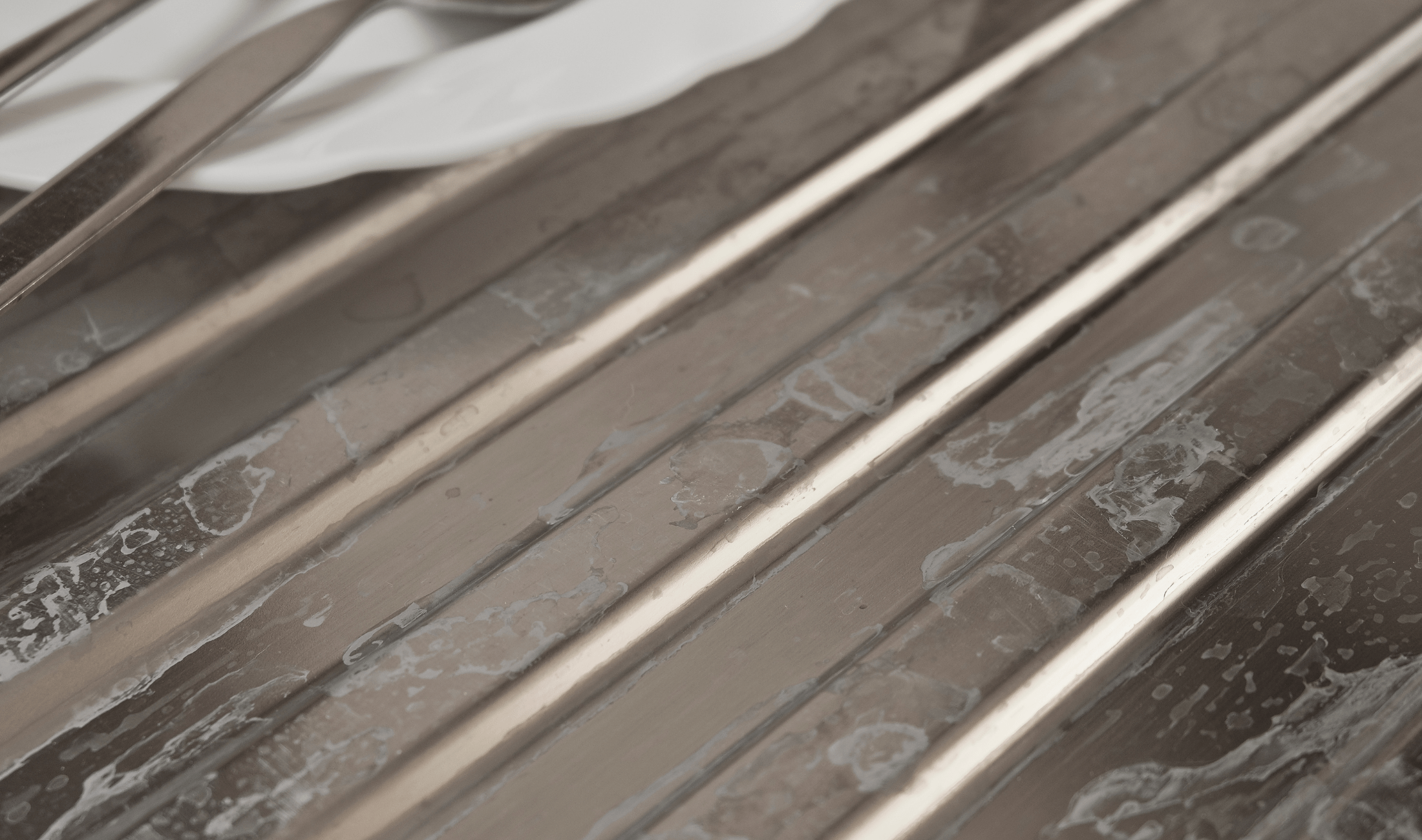
How Hard Water Damages Your Plumbing
Mineral deposits from hard water can build up inside pipes over time. This narrows the flow of water, reducing pressure and increasing the strain on your plumbing system. In water heaters, these minerals settle at the bottom of the tank, making it work harder and wear out sooner. The longer this goes unnoticed, the more costly repairs can become.
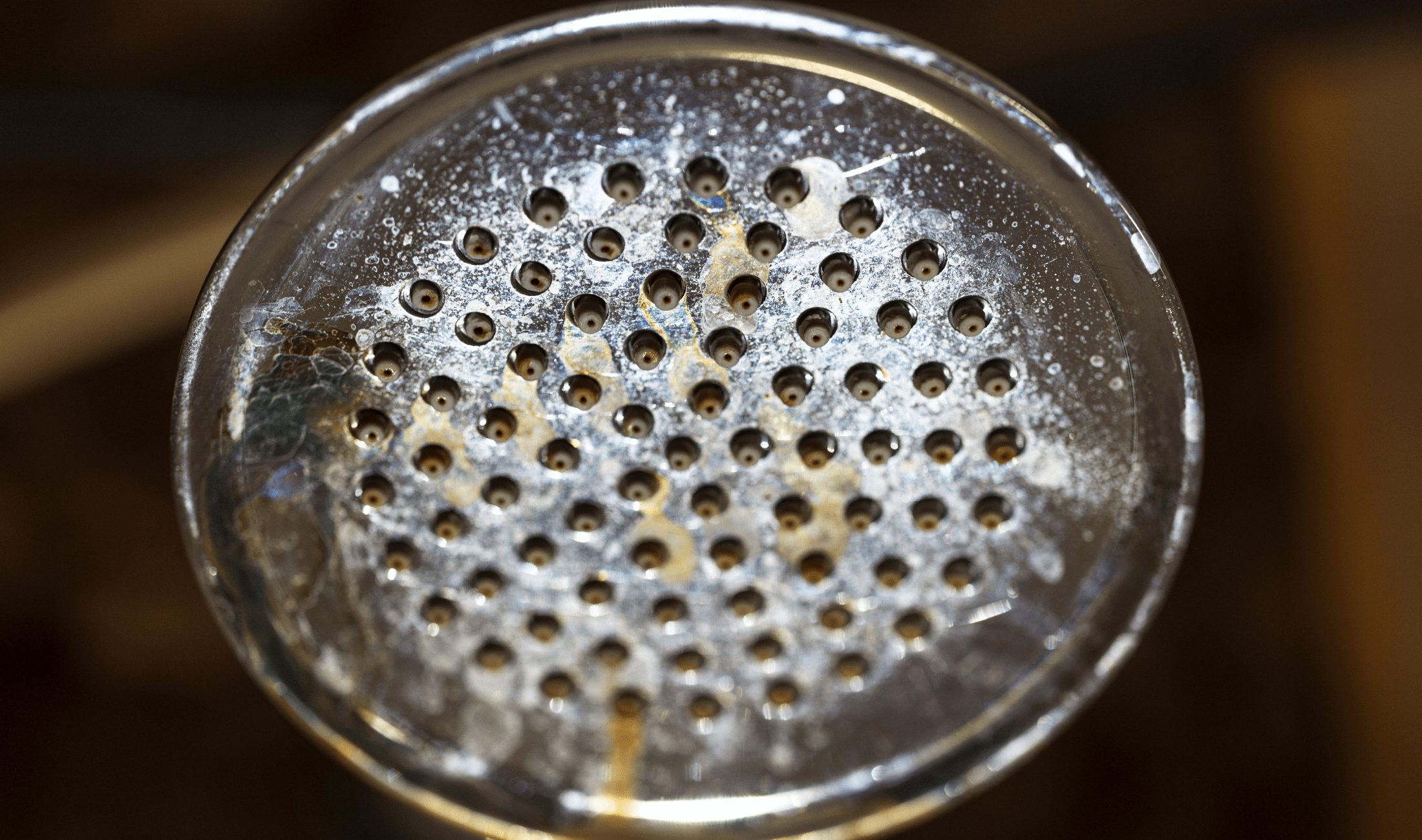
Appliances and Fixtures
Washing machines, dishwashers, coffee makers, and even kettles can all suffer from hard water. The mineral buildup creates a crust that can clogs parts, ruin efficiency, and generally muddy up the device. You may notice your appliances working slower or breaking down more often because of it. Faucets and showerheads especially can become blocked, and even small parts like valve seals may wear out quicker than usual.
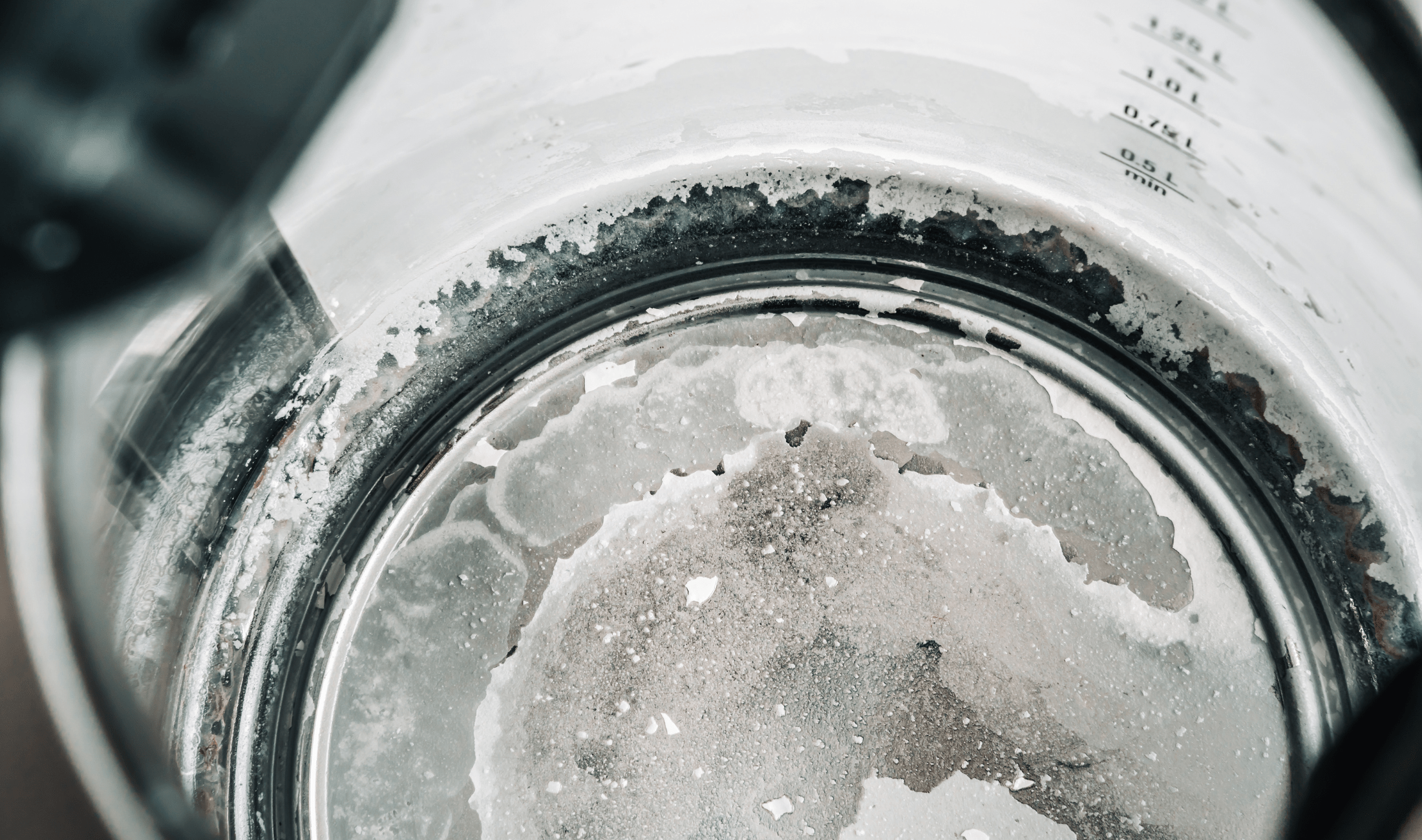
Hair, Skin, and Clothes
Hard water doesn’t rinse away soap as well as soft water. This leaves a residue that can dry out your skin and make your hair feel heavy or rough. If you’ve ever felt like you couldn’t quite wash the shampoo out, hard water may be to blame. Clothes washed in hard water can also look dull or feel scratchy. Over time, those fabrics may wear out faster, especially whites and delicate materials.
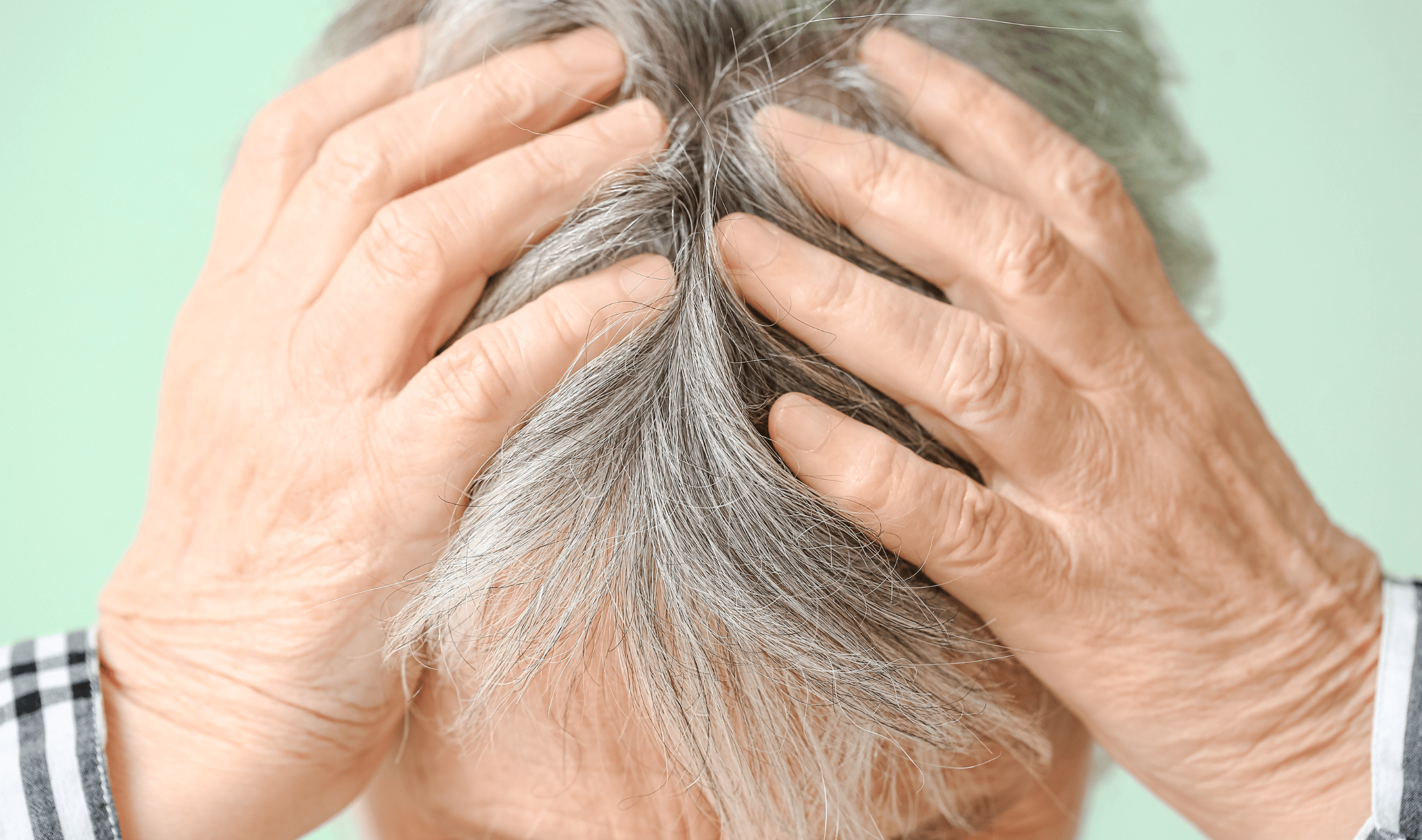
What You Can Do About It
Thankfully, you don’t need to replace your whole plumbing system to fix hard water. A water softener is one of the most effective solutions, it works by removing the minerals before they reach your taps. Some households opt for a whole-home system, while others use filters just for drinking or showering. If a full softening system isn’t possible, you can get filters for individual taps or faucets. Barring those, regular descaling of appliances and careful product choices for hair and laundry can help manage the effects.
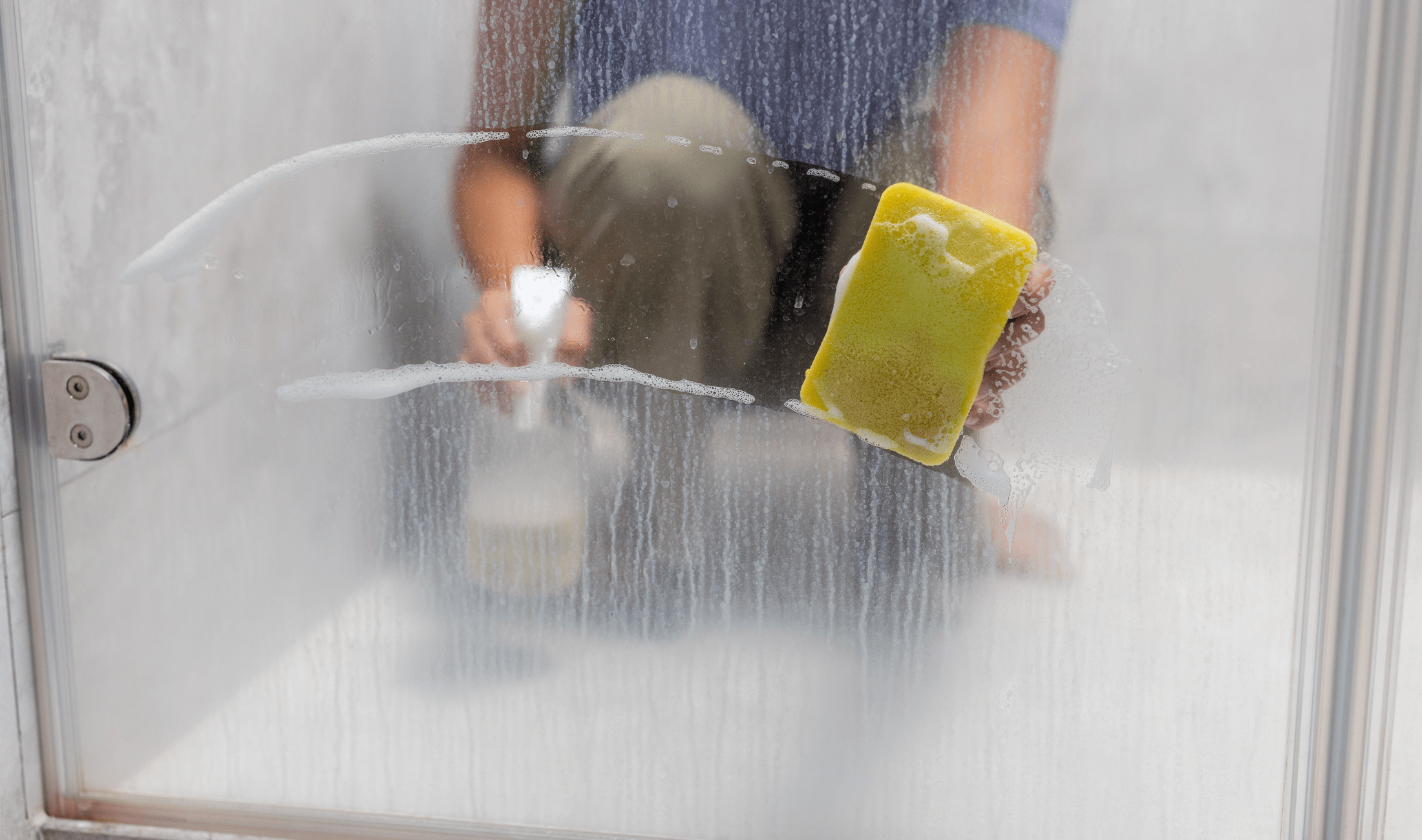
Related Articles
Hard water is common in many regions and doesn’t always cause visible problems right away, but the wear and tear it creates can grow over time. By spotting the signs early and understanding what to look for, you can take steps to protect your plumbing, appliances, and personal comfort. Whether it’s a small fix or a larger investment, the effort pays off in a healthier, more efficient home.









